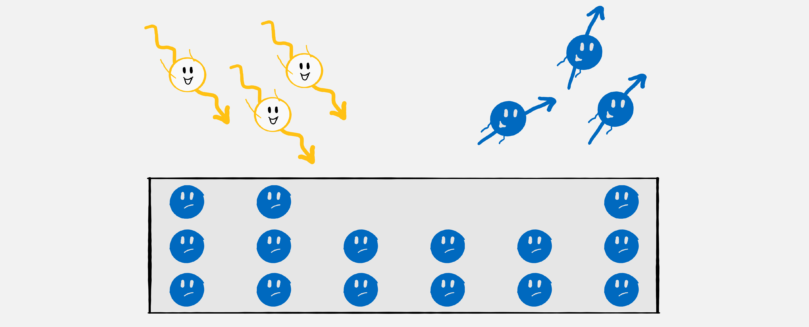Quantum computers bring quantum physics into the spotlight. Because tech giants as Google, IBM, Microsoft, and Amazon are all over them, they are the talk of the town. In addition to scientific journals, daily newspapers and gossip magazines also report on qubits and their friends. Quantum computers are always explained “simply and compactly”. I could also write an article like this, but more specifically, I would like to address the misunderstandings and confusion that such articles often cause. This is not (necessarily) the fault of the authors because no one can adequately explain quantum physics in 5000 characters. Others, however, blatantly sell the quantum computer as a holy grail or Pandora’s box. As so often, the truth lies somewhere in the between.






